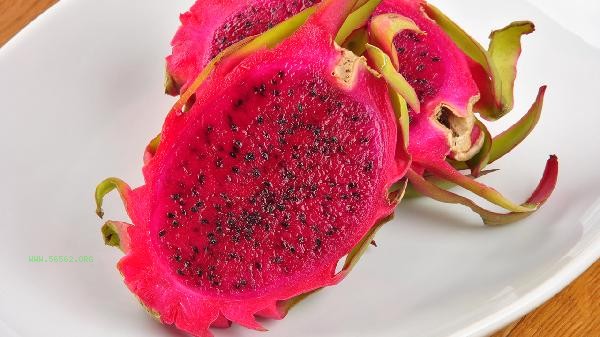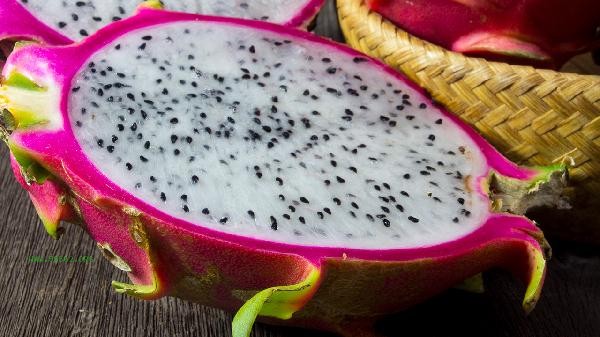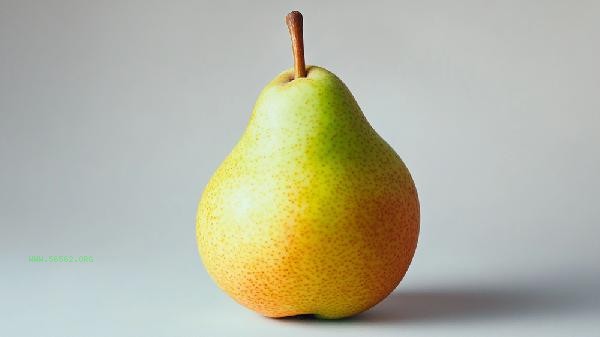Dragon fruit and pear can be juiced together, and their combination can enhance taste and nutritional value. Dragon fruit is rich in dietary fiber and anthocyanins, while pears are rich in water and vitamin C. Mixing and juicing can help promote digestion and replenish water. But for those with spleen and stomach deficiency cold or prone to diarrhea, it is necessary to control the amount of drinking and avoid excessive consumption that may cause gastrointestinal discomfort. When paired with pears for juice extraction, the nutritional components of dragon fruit and pear can complement each other. The dietary fiber of dragon fruit helps promote intestinal peristalsis and improve constipation, and its anthocyanins have antioxidant effects. Pears have a high moisture content and can produce fluids to quench thirst. Vitamin C can enhance immunity. The mixed juice has a sweet and refreshing taste, suitable for summer heat relief or as a daily drink. During production, the fruit peel can be retained to increase dietary fiber intake, but it needs to be thoroughly cleaned to remove pesticide residues.

Some people need to pay attention to the possible effects of eating both together. Dragon fruit has a cool nature, and pears are also cold fruits. People with weak and cold constitution who drink in large quantities may experience abdominal pain or diarrhea. Diabetes patients should control their intake to avoid high fruit sugar affecting blood sugar stability. People who are allergic to dragon fruit or pear should avoid drinking them, and first-time users can test for allergic reactions in small amounts. It is recommended to drink as soon as possible after juicing to avoid nutrient loss caused by oxidation.

When drinking dragon fruit pear juice in daily life, it is recommended to choose fresh fruits with moderate maturity and avoid using rotten or overripe ingredients. After juicing, a small amount of lemon juice can be added to delay oxidation, or paired with warm fruits such as apples to regulate their cooling properties. The recommended drinking time is one hour after meals, as drinking on an empty stomach may stimulate the gastrointestinal tract. Special groups such as pregnant women, the elderly, or patients with chronic diseases can consult nutritionists to adjust the mixing ratio and control the drinking amount according to their physical condition. Long term consumption should pay attention to fruit diversity and avoid single combinations that can cause nutritional imbalances.










Comments (0)
Leave a Comment
No comments yet
Be the first to share your thoughts!